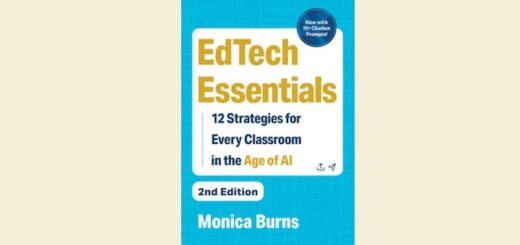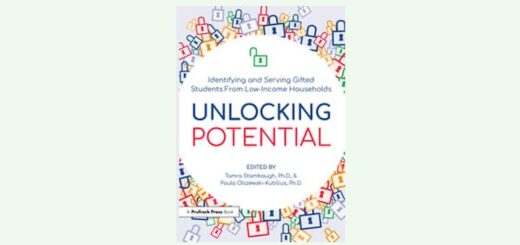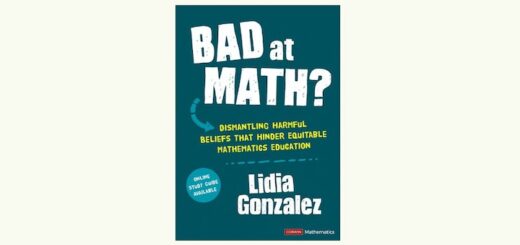Where the Next Hour Takes Us
Bill Ivey is Middle School Dean at all-girl Stoneleigh-Burnham School in Greenfield MA, where he also teaches Humanities 7, French, and the Middle and Upper School Rock Bands. Bill is the advisor for MOCA, the middle school student government, and he coordinates and participates in the middle school service program. Bill’s other MiddleWeb posts include Hungering for a Better World and Actually, You ARE Special.
It’s been a productive day, and I’ve only just finished breakfast.
A member of the foreign language teachers listserve group (FLTeach) responded to an emailed post I’d made last week, giving me a chance to clarify my ideas and questions about the dual roles of cognitive learning and subconscious acquisition in learning languages.
I had recently locked in on the fact that information about language is stored in a different part of the brain than the part that enables us to interact using language. There is a long-standing schism among foreign language teachers over the proper roles of subconscious acquisition and conscious learning of languages for our students. I was attempting both to clarify the discussion by adding in this new information about the roles of different parts of the brain and to suggest that the question then becomes how best to ensure the information learned about a language gets connected to the part of a brain that enables a student to put that knowledge to work in automatic, instinctive language use.
After posting my listserve comments, I checked my MiddleWeb SmartBrief app and found a great article on a new school in Los Angeles that is using gaming to facilitate and individualize student learning. The notion that group interaction creates a shared context within which students acquire content through personalized learning paths fit well with the design of my Humanities 7 course, and I shared the article and that thought on Twitter. My friend @theJLV shortly retweeted it. He has (for good reason) over 3500 followers, so that should be very helpful in spreading the word.

Scanning my Twitter reader, I see that @FredBartels, a friend from Rye Country Day School, was tweeting about his macro-organism theory and one of the roles of individual people as neurons, giving me an aha! moment as I realized that just as people are part of multiple communities, they are part of multiple macro-organisms. Implications of that realization are still settling out.
Swimming at both ends of the pool
All this happened in less than an hour. It provides a glimpse of how technology is enriching and deepening my life as a teacher. Yet the book I chose for faculty summer reading, The Shallows by Nicholas Carr, argues persuasively and provocatively that the Internet, like it or not, is rewiring our brains and reorienting us away from deep, linear thought and more towards shallow thinking characterized by quick jumps from topic to topic.
In our discussion group during opening faculty meetings this fall, we acknowledged Mr. Carr’s points and talked about the need to support and develop in ourselves and our students the abilities to be fully in the present and to maintain focus for extended periods of time. We discussed the importance of non-linear thought and of developing creativity.
We talked about the need to support and develop in ourselves and our students the abilities to be fully in the present and to maintain focus for extended periods of time.
We also talked about the undeniable benefits of the Internet (which Mr. Carr acknowledges) and concluded that ultimately our goal is to help students use technology productively, recognizing both benefits and risks. Part of that, we agreed, would need to be helping them understand the additional stress that Internet use places on active working memory and the importance of following up properly to get information stored in long-term memory.
I am trying to apply those principles to my own life, and hope that this morning shows I’m on the right track. Meanwhile, I will quickly check my email to see if any students, parents, or colleagues have any questions for me, and then get dressed for a run. For me, running is a great way not just to stay fit and relieve stress but also to let my mind go and see what ideas percolate to the surface.
We’ll see where the next hour takes me.





































